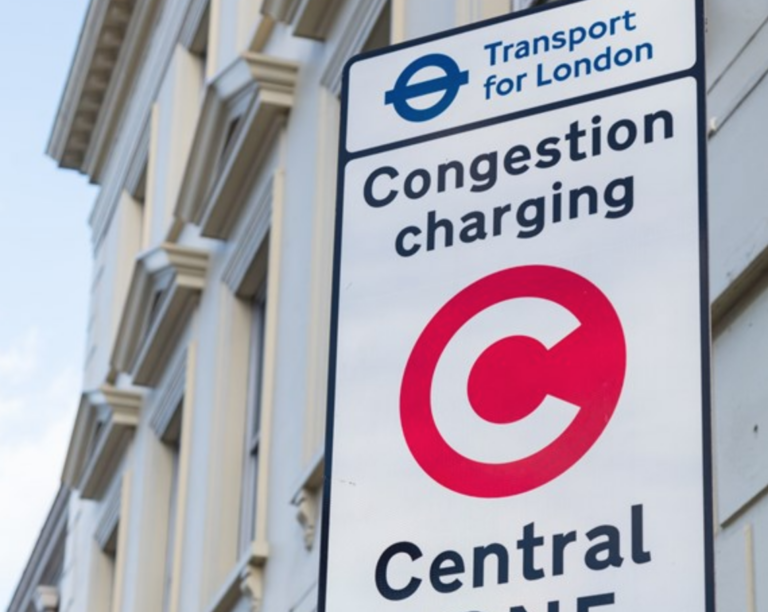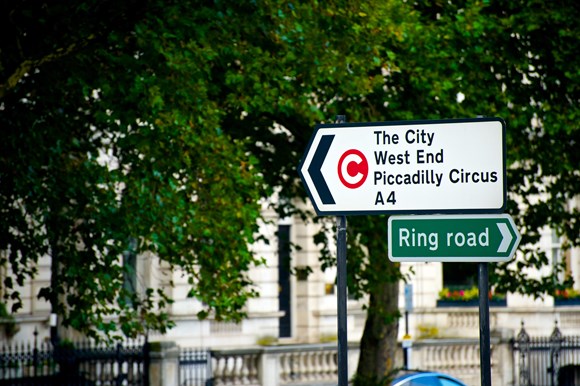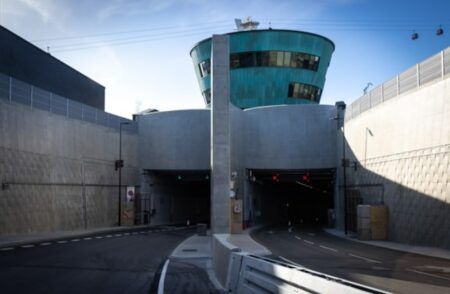From 22 June the London Congestion Charge will increase from £11.50 to £15, and operate 07:00-22:00 seven days a week (currently it is 07:00-18:00 Monday to Friday). The move comes as the latest data shows that even with the Congestion Charge already back in place (it was suspended at the height of lockdown), and many people still working from home, there are as many cars in the zone as there were before the lockdown began.
Car traffic in the zone in the evenings is now almost as high as during the day, and at weekends is even higher than during the week. Clogged up roads are a major barrier to economic recovery while also disproportionately affecting the most vulnerable. The cost of congestion in London is £5.5bn per year with the capital’s drivers losing more than 200 hours per year due to being stuck in traffic. Blocked roads push up the costs to business, with unpredictable journey times and deliveries running late.
If traffic is allowed to continue to grow, roads will become unusably congested. Analysis indicates that as the government further eases lockdown restrictions, if those who would have used public transport instead choose to drive, car traffic levels in central London could double without any changes to the Congestion Charge.
The temporary changes will reduce traffic in central London and enable more journeys to be made safely by foot or by bike while keeping the bus network reliable for those making essential journeys. The Mayor and TfL confirmed the changes, which were brought forward in accordance with TfL’s funding agreement with government.
Through these changes, the city can have a safe and sustainable recovery. Trips taken by car could fall by a third and nitrogen oxide (NOx) emissions from vehicles fall by up to 11% in these newly charged hours.
Changes to the residents’ discount, which is now due to close to new applications on Saturday 1 August, have also been made giving residents who are not currently registered additional time to submit their application.
“The government was absolutely clear that TfL must bring forward proposals to widen the level and scope of the Congestion Charge,” says Mayor of London, Sadiq Khan. “The reality is that due to social distancing requirements public transport can only carry a fraction of the number of passengers compared to pre-pandemic levels – even when we are back to running completely full services.
“It is not sustainable for London’s recovery to be dominated by cars. We are already seeing a surge in traffic and need to act now to stop the city grinding to a halt,” says Alex Williams, TfL’s director of city planning. “The temporary Congestion Charge changes are supporting our Streetspace programme, which will make it easier and safer for people to walk and cycle and keep the bus network reliable for those who need to use it.
“Our new reimbursement schemes will also ensure that those at the heart of the battle against coronavirus or who could be most affected by it can still make essential journeys by car. These temporary changes will also help ensure that those who can’t work from home can travel safely and make the city’s recovery from the pandemic sustainable and healthy.”
An expanded scheme for NHS patients will also come into force on 22 June, with the new reimbursement arrangements targeted at supporting frontline local authorities and charities who are dealing with coronavirus being introduced in the coming weeks and backdated to 22 June. This is in addition to widening the NHS staff reimbursement and introducing new care home worker reimbursement when schemes were reinstated on 18 May.






